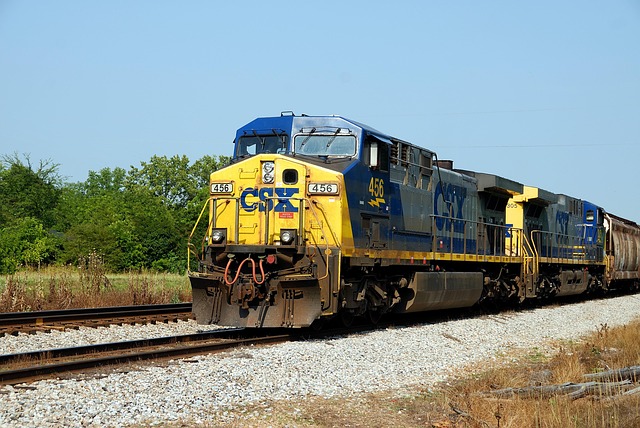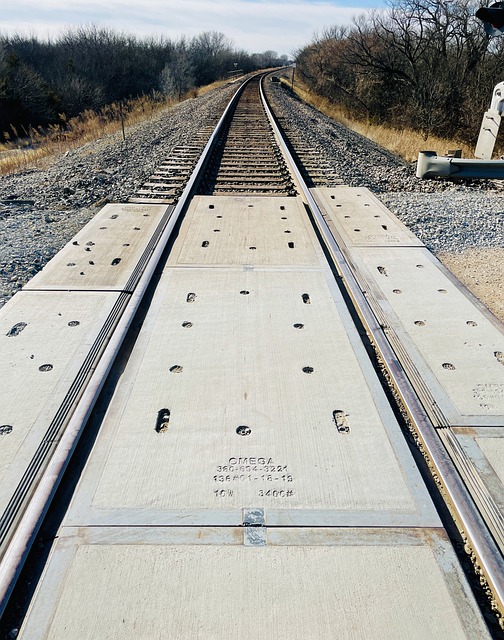In the late 19th century, labor unions emerged in Lane County, Oregon, due to harsh working conditions and low wages in the flourishing Lane County rail industry. These unions played a pivotal role in advocating for workers' rights, negotiating improved terms, boosting wages, enhancing safety, and securing more stable jobs. Today, facing digital revolution and technological advancements, unions continue to adapt training methods, negotiate fair wages, and secure safe working conditions as the industry evolves with globalization and changing economic realities.
“Explore the rich history of labor unions within Lane County’s vibrant railroad industry, dating back to the 19th century. This article delves into the pivotal roles played by unions like the Brotherhood of Locomotive Engineers and Trainmen (BLET) and United Transportation Union (UTU). We examine their key demands, from safe working conditions to fair wages, and how these unions have shaped local labor dynamics. Additionally, we explore the modern landscape, highlighting the evolving role of railroad worker unions in light of technological advancements and industry changes in the Lane County rail industry.”
- Historical Overview of Labor Unions in Lane County's Rail Industry
- Key Roles and Demands of Major Rail Labor Unions Local to Lane County
- Modern Times: The Impact and Challenges Facing Railroad Worker Unions Today
Historical Overview of Labor Unions in Lane County's Rail Industry

In the late 19th century, as the Lane County rail industry boomed with the arrival of railroads, labor unions began to emerge as a response to the challenging working conditions and low wages prevalent in the sector. These early organizations were pivotal in advocating for workers’ rights, fostering a sense of solidarity among employees, and negotiating better terms for railroad workers across the county.
The history of labor unions in Lane County’s rail industry is marked by significant milestones, including strikes and collective bargaining agreements that reshaped employment standards. The efforts of these unions not only improved wages but also contributed to safer working environments and more stable jobs for the laborers who built and maintained the county’s extensive rail network.
Key Roles and Demands of Major Rail Labor Unions Local to Lane County

In Lane County, Oregon’s railroad industry, several powerful labor unions play pivotal roles in shaping working conditions and advocating for their members. These unions have been instrumental in ensuring fair wages, safe workplaces, and comprehensive benefits for railroad workers. The key roles they fulfill include collective bargaining with employers, mediating disputes, and providing a unified voice for employees across various sectors of the industry.
The demands of these local rail labor unions often revolve around improving working conditions, updating safety protocols, and securing better compensation packages. They fight for longer rest periods between shifts, enhanced training programs, and modern equipment to reduce workplace risks. Additionally, they advocate for healthcare benefits, retirement plans, and job security, ensuring that railroad workers in Lane County receive fair treatment and recognition for their contributions to the industry.
Modern Times: The Impact and Challenges Facing Railroad Worker Unions Today

In modern times, the Lane County rail industry’s labor unions face a unique set of challenges and opportunities. The digital revolution and advancements in technology have transformed the railroad sector, impacting traditional union structures and work dynamics. Automation and new railway systems demand specialized skills, leading to a shift in the nature of work for these unions. While this presents a challenge, it also opens doors for unions to adapt and embrace new training methods, ensuring their members remain employable in an evolving industry.
Additionally, globalization and the increased competition within the transportation sector create pressures on labor costs and working conditions. Railroad worker unions in Lane County must navigate these modern complexities while advocating for their members’ rights. They play a vital role in negotiating fair wages, safe working environments, and benefits, especially as the industry continues to adapt to changing economic landscapes.














